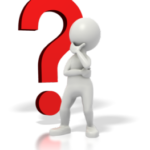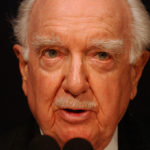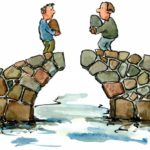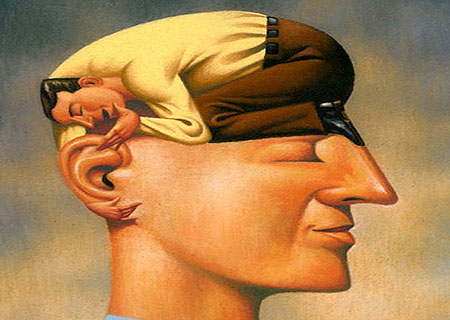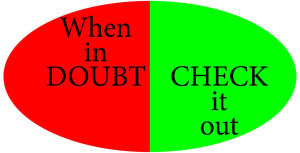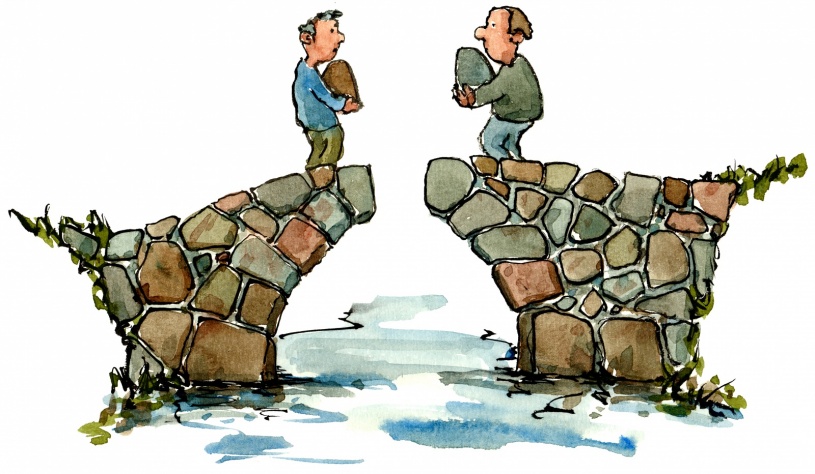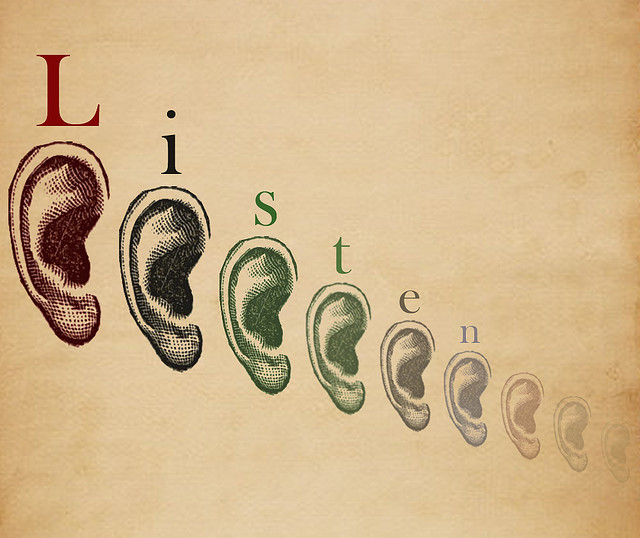“We are drowning in information and starving for knowledge.”
—Rutherford D. Rogers, Deputy Librarian of Congress

Image from Unsplash by Catheryn Lavery
Did you know that the average person has five social media accounts, and spends one hour and forty minutes browsing their networks each day?
The average adult also spends more than twenty hours online, and watches over thirty hours of television per week.
How does your usage compare to these statistics? To what degree are you drowning in information?
Unfortunately, many of us simply assume that is “the way things are,” and that we simply need to keep up with the pace of life and swim for our lives.
EXERCISE:
Estimate what percent of the information you take in through social media and other sources is truly valuable and worth knowing.
Begin today, through a more discerning perspective, to remove or eliminate at least one such source until your head is fully above water.
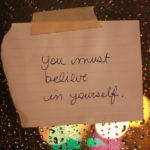
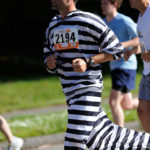


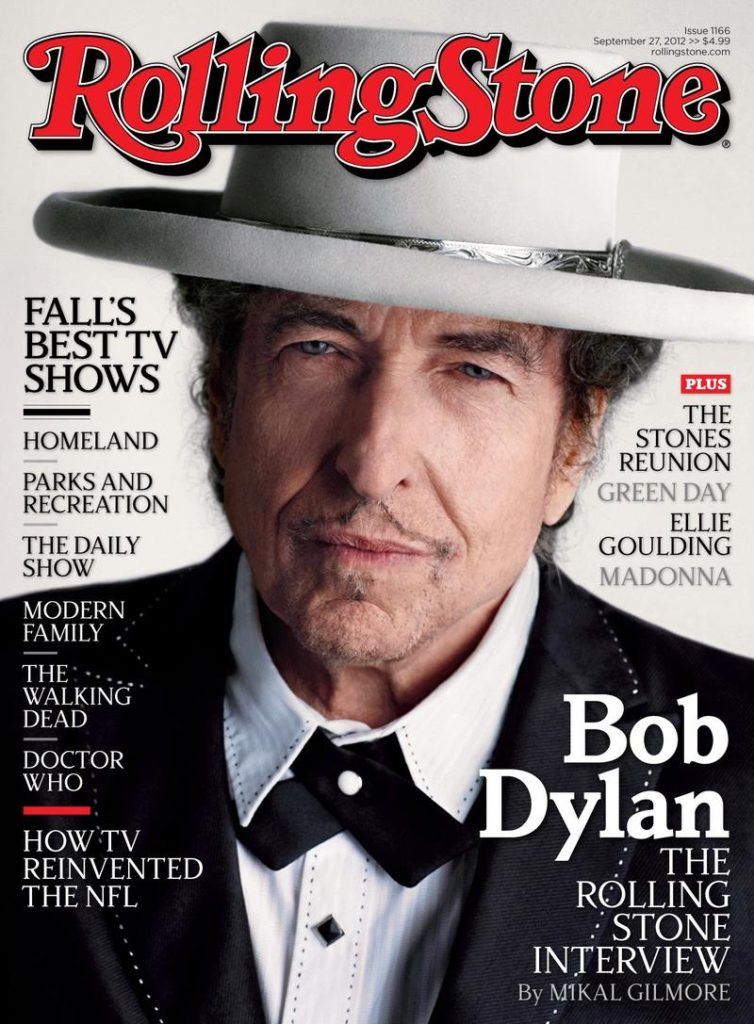
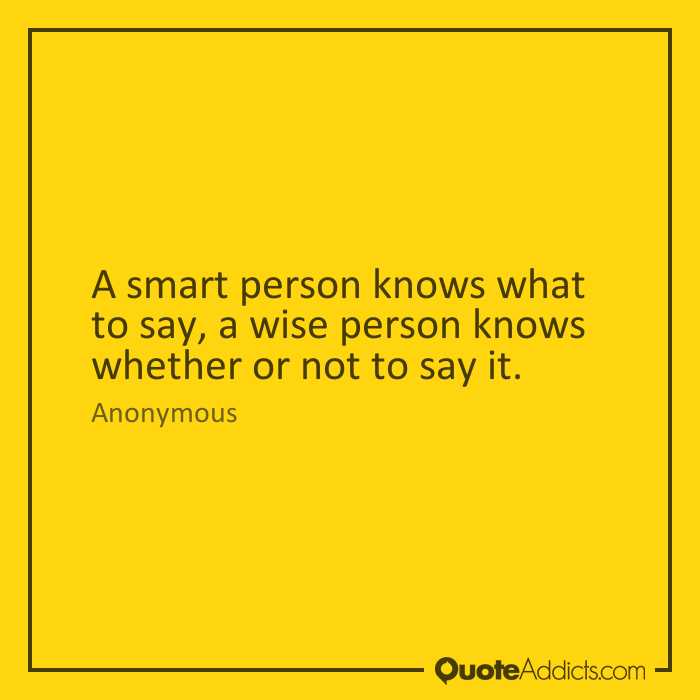 When can less be more? How often do you find yourself giving others advice or sharing your wealth of knowledge and experience, only to find that it is unwanted?
When can less be more? How often do you find yourself giving others advice or sharing your wealth of knowledge and experience, only to find that it is unwanted?
